Prefrontal Cortex
Anatomy and Structure
The prefrontal cortex (PFC) is the anterior part of the frontal lobes of the brain, lying in front of the motor and premotor areas. This brain region has been implicated in planning complex cognitive behaviors, personality expression, decision making, and moderating social behavior^1(https://www.ncbi.nlm.nih.gov/pmc/articles/PMC2913582/).

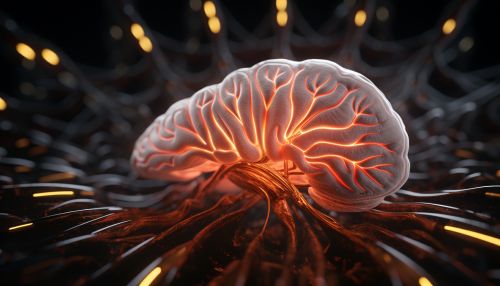
The basic activity of this brain region is considered to be orchestration of thoughts and actions in accordance with internal goals^2(https://www.nature.com/articles/nn0101_19). The most typical psychological term for functions carried out by the prefrontal cortex area is executive function. Executive function relates to abilities to differentiate among conflicting thoughts, determine good and bad, better and best, same and different, future consequences of current activities, working toward a defined goal, prediction of outcomes, expectation based on actions, and social "control" (the ability to suppress urges that, if not suppressed, could lead to socially unacceptable outcomes)^3(https://www.ncbi.nlm.nih.gov/pmc/articles/PMC4084861/).
Development and Maturation
The prefrontal cortex is the last section of the brain to mature, undergoing rapid changes from adolescence through the mid-20s^4(https://www.ncbi.nlm.nih.gov/pmc/articles/PMC2892678/). This delayed development correlates with how self-control also develops during childhood and adolescence. Damage to the prefrontal cortex in development can lead to deficits in executive function, such as decision-making, self-control, and organizing and planning behavior^5(https://www.ncbi.nlm.nih.gov/pmc/articles/PMC2913582/).
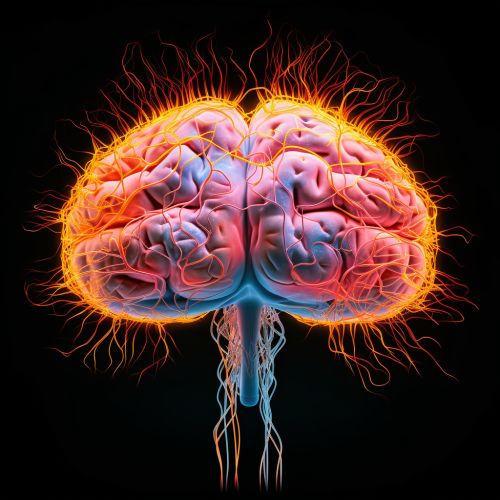
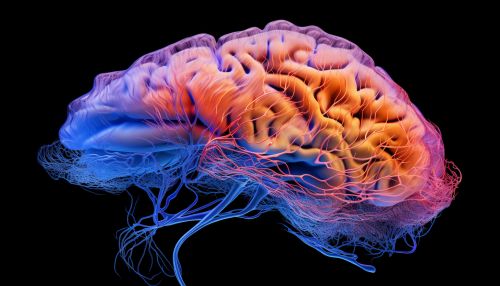
Functions
The prefrontal cortex is involved in a variety of complex behaviors, including planning, and greatly contributes to personality development. A large part of current understanding of the functions of the prefrontal cortex comes from clinical evidence, i.e., the effects of frontal lobe damage^6(https://www.ncbi.nlm.nih.gov/pmc/articles/PMC4084861/).
Planning and Decision Making
The prefrontal cortex is thought to play a critical role in the planning and decision-making processes. Damage to the ventromedial prefrontal cortex (including the medial part of the orbitofrontal cortex) in humans leads to deficits in decision-making and planning that are not accounted for by deficits in basic cognitive functions such as attention, memory, or language^7(https://www.ncbi.nlm.nih.gov/pmc/articles/PMC2913582/).
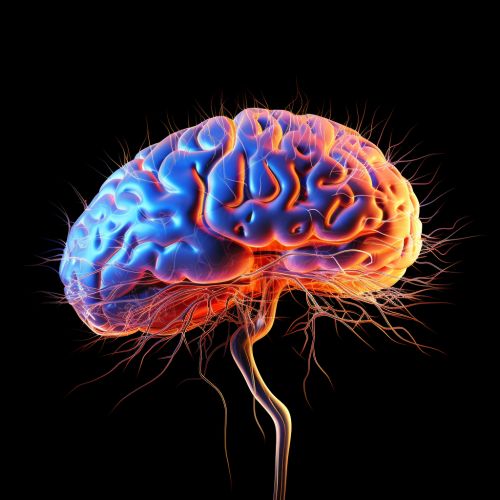
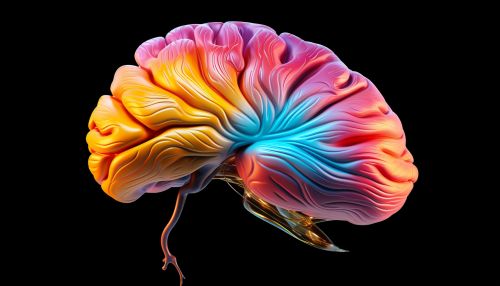
Social Behavior
The prefrontal cortex is implicated in social behavior. Damage to the prefrontal cortex can lead to changes in social behavior and personality. This can manifest as disinhibition, impulsivity, poor social judgment, and lack of empathy^8(https://www.ncbi.nlm.nih.gov/pmc/articles/PMC4084861/).
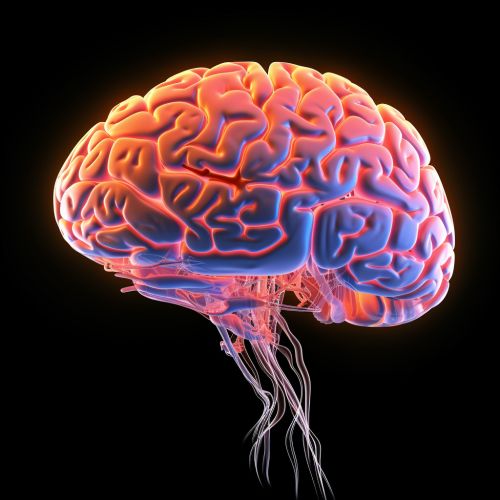
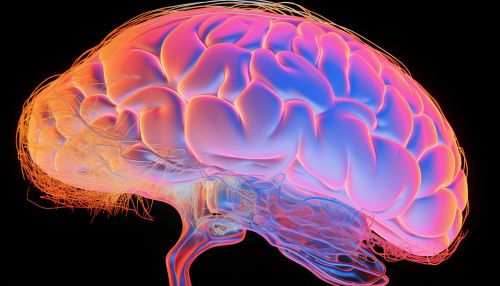
Clinical Significance
The prefrontal cortex plays a significant role in a number of neurological and psychiatric disorders. These include schizophrenia, depression, ADHD, autism, OCD, and bipolar disorder^9(https://www.ncbi.nlm.nih.gov/pmc/articles/PMC2913582/).
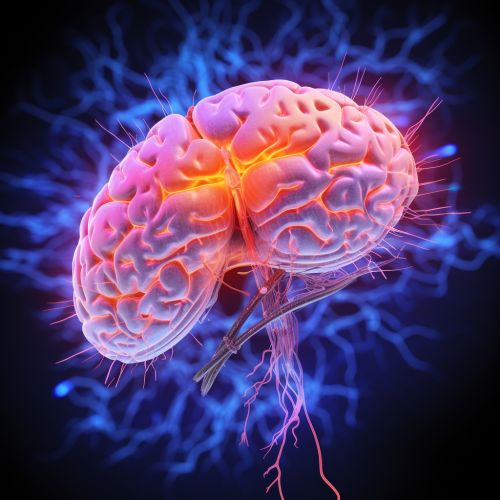
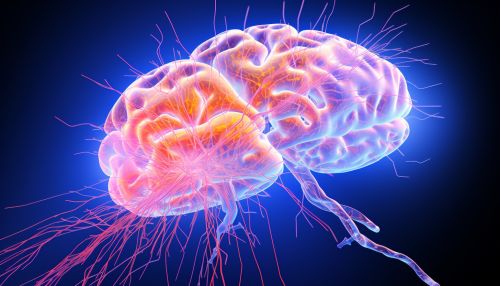
See Also
References
1. "The role of the prefrontal cortex in controlling executive functions" 2. "The prefrontal cortex: categories, concepts and cognition" 3. "Prefrontal cortex and executive functions in healthy adults: a meta-analysis of structural neuroimaging studies" 4. "Development of the prefrontal cortex during adolescence: insights into vulnerable neural circuits in schizophrenia" 5. "The role of the prefrontal cortex in controlling executive functions" 6. "Prefrontal cortex and executive functions in healthy adults: a meta-analysis of structural neuroimaging studies" 7. "The role of the prefrontal cortex in controlling executive functions" 8. "Prefrontal cortex and executive functions in healthy adults: a meta-analysis of structural neuroimaging studies" 9. "The role of the prefrontal cortex in controlling executive functions"
